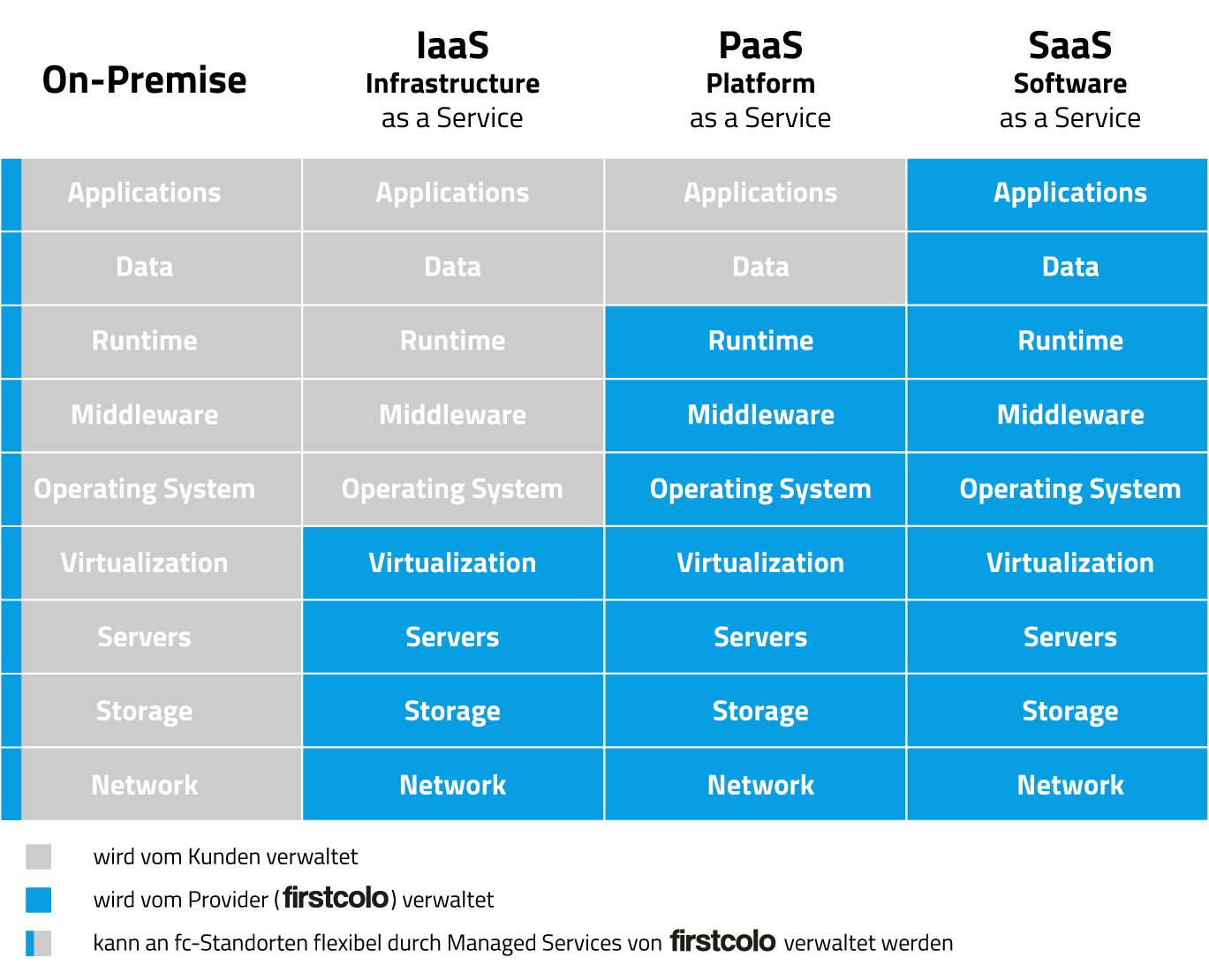PaaS stands for “Platform as a Service” and is a cloud computing service. It involves the provision of a virtualized IT infrastructure including application and/or development platform by a service provider over the internet.
PaaS offers companies a comprehensive environment to develop, test, and deploy applications. Unlike traditional IT infrastructures where you have to manage servers, networks, and storage yourself, PaaS provides a ready-made platform. This platform contains all necessary components so that developers can fully concentrate on creating software without having to worry about the underlying hardware.
The advantages of PaaS
PaaS brings significant benefits for companies looking to accelerate their application development. For example, scalability is a major advantage: applications can be easily scaled up or down according to the company’s needs. You only pay for the resources you actually use.
Another advantage is time savings. Developers don’t need to set up or configure infrastructure. PaaS services already offer pre-built development environments, which accelerates the development process and reduces time-to-market.
Security updates, patches, and maintenance are also among the benefits. The PaaS provider takes care of managing and maintaining the platform, allowing you to focus fully on your core tasks.
Areas of Application
PaaS is excellently suited for the development and deployment of cloud-based applications. Developers use the platform to efficiently create mobile apps, web applications, or APIs. They have access to a wide range of tools and services optimized for these tasks.
Another area of application is workflow automation. Developers can set up automated testing and deployment processes to bring their applications into live operation faster and more efficiently.
Why PaaS in a data center?
PaaS in a data center offers additional benefits such as highest security and availability. By using a professional data center, you benefit from redundant power supply, cooling, and monitoring. Your applications run in a highly secure environment and are protected against failures.
Moreover, hybrid cloud models can be implemented more easily when PaaS is combined with local infrastructure. This way, companies retain full control over their data while benefiting from the advantages of the cloud.

Cloud service models from firstcolo


